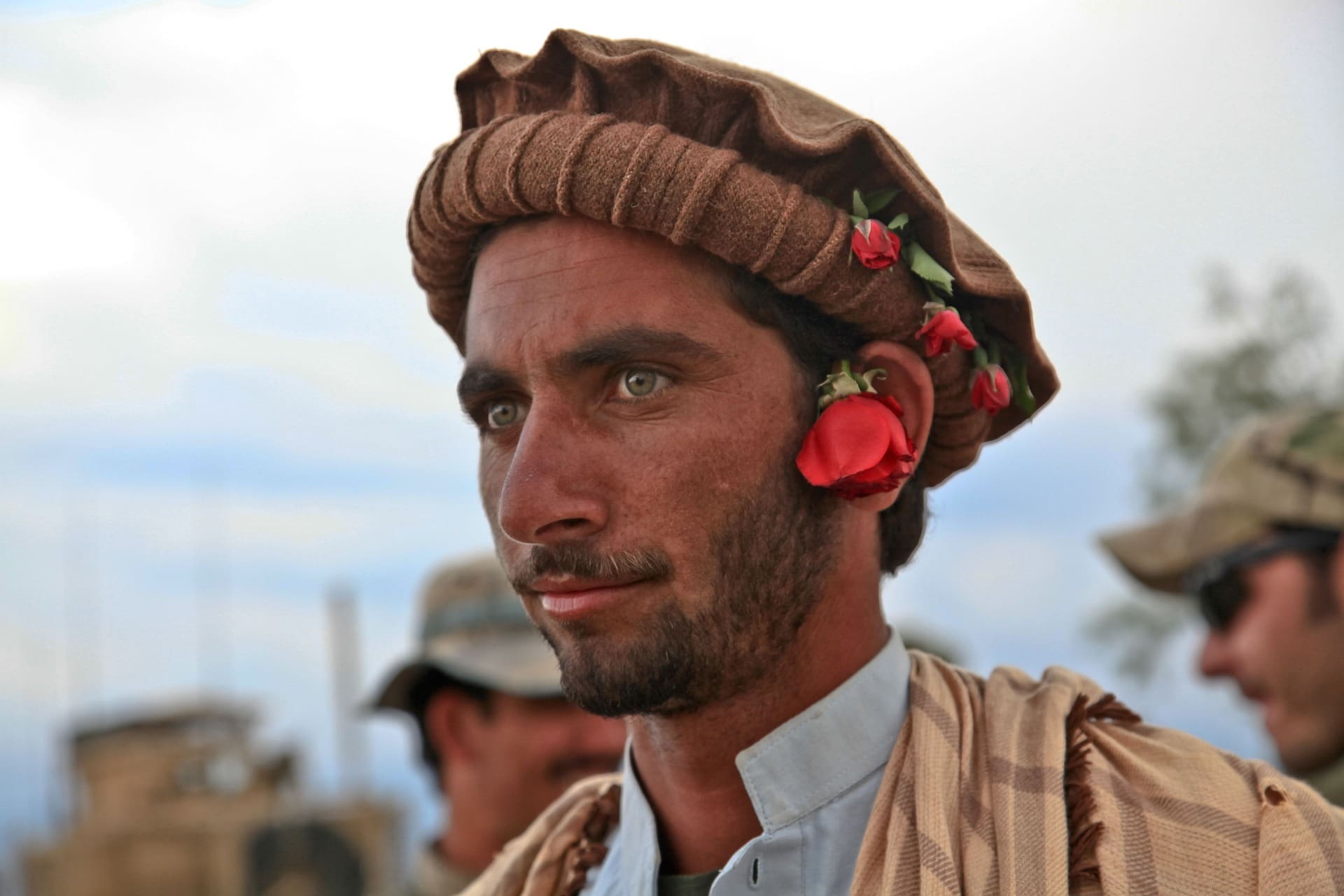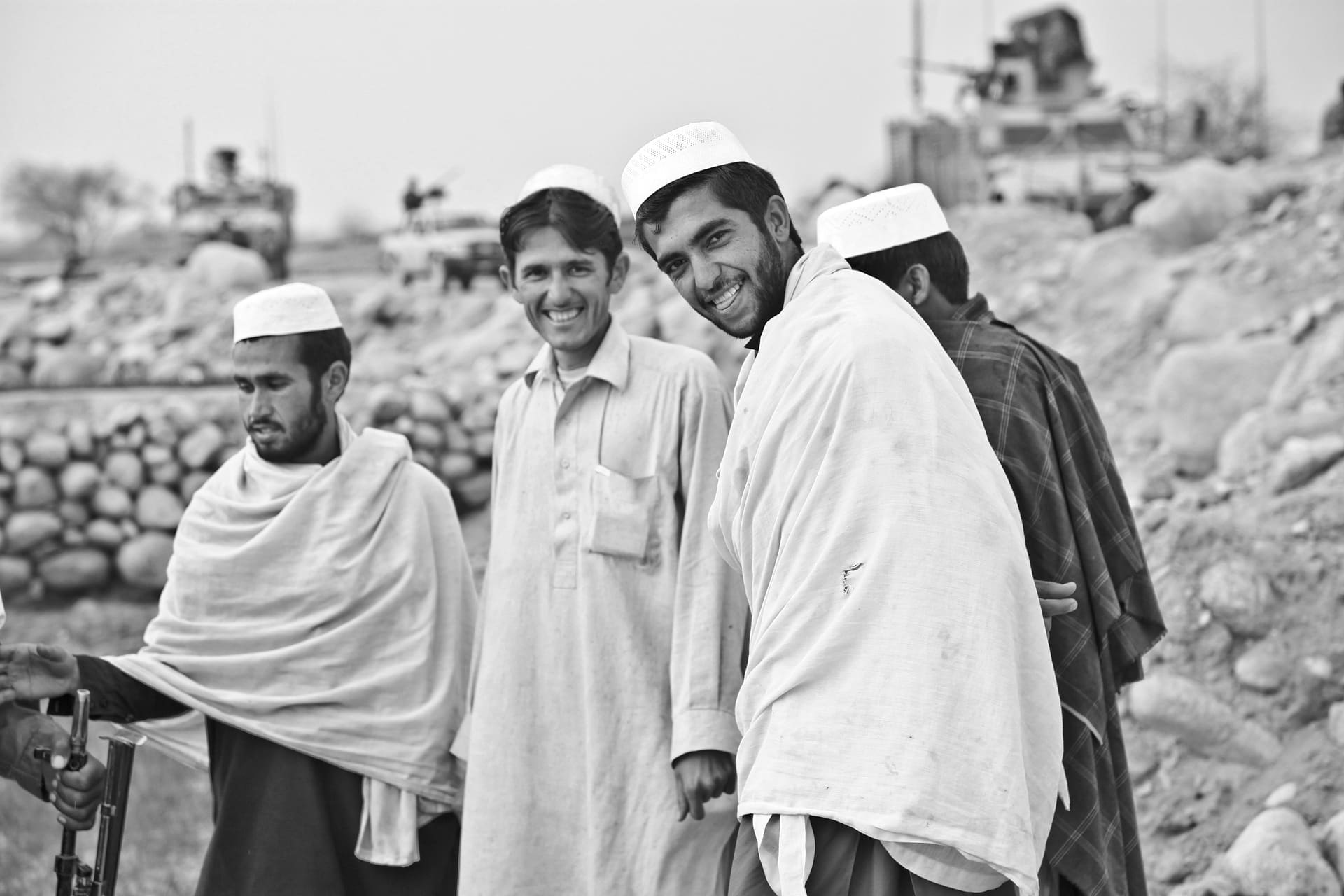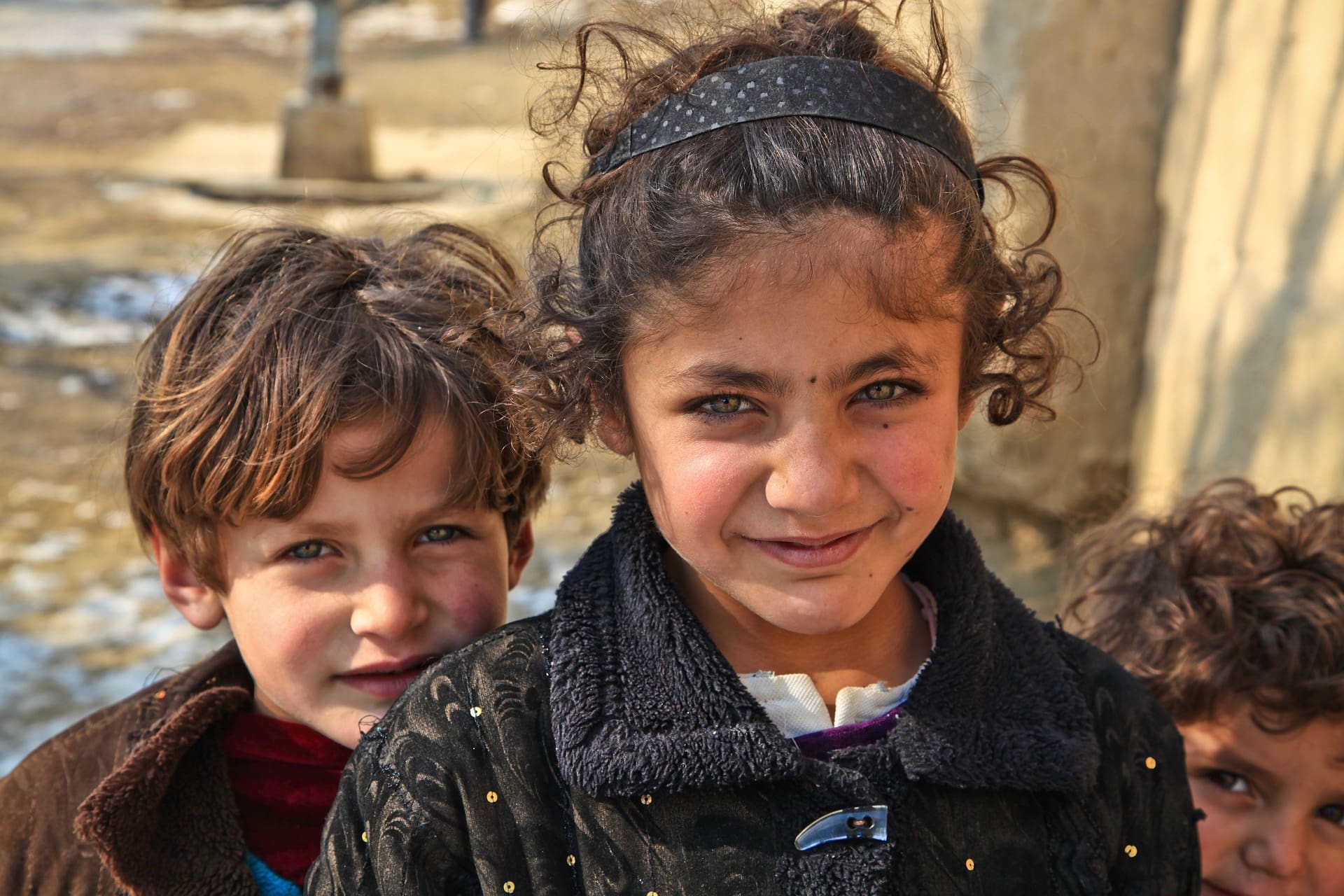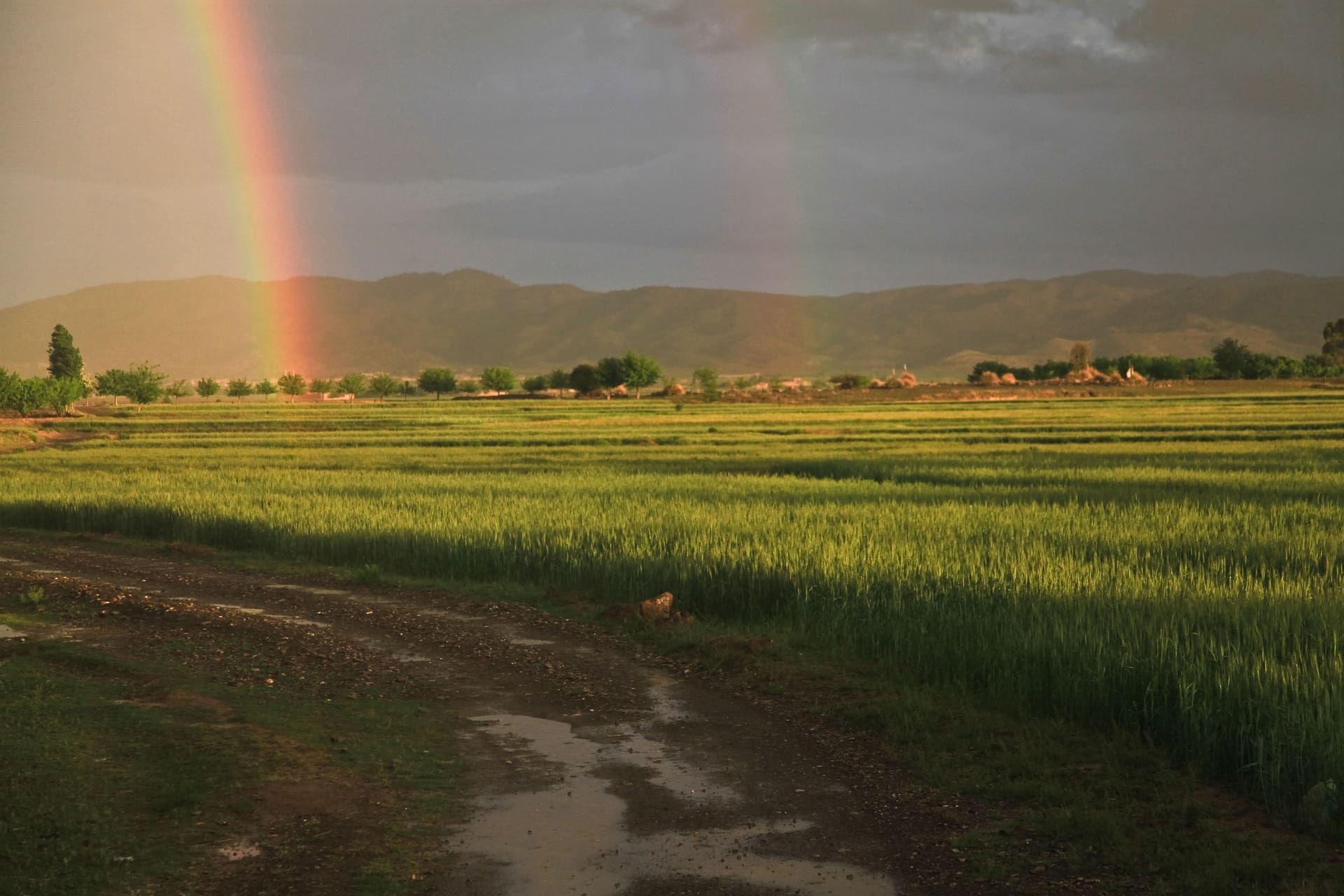Afghanistan
landlocked, mountainous, culturally diverse, war-torn
About Afghanistan
Culture and Religion
Where to go
How to get there
Visa Requirements
Travelling Budget
About Afghanistan
Afghanistan, officially known as the Islamic Republic of Afghanistan, is a landlocked country located in South Asia. It is bordered by Pakistan to the east and south, Iran to the west, Turkmenistan, Uzbekistan, and Tajikistan to the north, and China to the northeast. With a population of over 38 million people, it is a culturally diverse nation with various ethnic groups, including Pashtuns, Tajiks, Hazaras, Uzbeks, and more.
Afghanistan is known for its rugged and mountainous terrain, with the Hindu Kush mountain range dominating the central and northeastern regions. The country has a rich cultural heritage, with ancient cities like Kabul and Herat showcasing historical sites, bazaars, and architectural wonders.
Unfortunately, Afghanistan has faced decades of conflict and war, beginning with the Soviet invasion in 1979, followed by civil wars, Taliban rule, and the U.S.-led invasion in 2001. These prolonged conflicts have resulted in immense human suffering, displacement, and a struggling economy.
Despite the challenges, Afghanistan is making progress towards stability and development. Efforts are being made to improve infrastructure, education, healthcare, and governance. The country is also known for its agricultural products, including fruits, nuts, and carpets, which contribute to its economy.
Afghanistan continues to face security challenges, particularly from militant groups like the Taliban and ISIS. The Afghan government, supported by international allies, is working towards a stable and peaceful future. International aid and diplomatic efforts are vital in supporting Afghanistan’s journey towards progress and providing a better future for its people.
Culture and Religion
Afghanistan has a rich and diverse cultural heritage, shaped by its history, geography, and various ethnic groups. The country’s culture is a blend of influences from Persia, India, Central Asia, and the Middle East.
Religion plays a significant role in Afghan culture, with Islam being the dominant faith. The majority of Afghans are Sunni Muslims, while a smaller percentage follow Shia Islam. Islamic practices and beliefs are deeply intertwined with daily life, influencing everything from social interactions to artistic expressions.
Traditional Afghan society follows a patriarchal structure, emphasizing respect for elders, hospitality, and communal values. Family and community ties are highly valued, and extended families often live together, forming tight-knit social networks. Traditional clothing for men includes the loose-fitting shalwar kameez, while women often wear the burqa or more colorful and embroidered traditional garments.
Afghanistan also has a vibrant artistic and literary tradition. Poetry, music, and storytelling are popular forms of artistic expression. The country is renowned for its poetry, with famous poets like Rumi and Hafez hailing from the region. Traditional Afghan music features instruments such as the rubab, tabla, and harmonium, creating a unique and melodic sound
Cuisine in Afghanistan reflects its regional influences, with staple foods including rice, bread, meat, and lentils. Popular dishes include kababs, qabuli palaw (rice with meat and carrots), and mantu (steamed dumplings).
While traditional Afghan culture remains strong, the country has also experienced Western influences, particularly in urban areas. Globalization and modernization have introduced elements of Western fashion, music, and entertainment.
Despite the impact of conflict and political instability, the resilience of Afghan culture and religion persists, offering a sense of identity, pride, and unity among its people.
Where to go
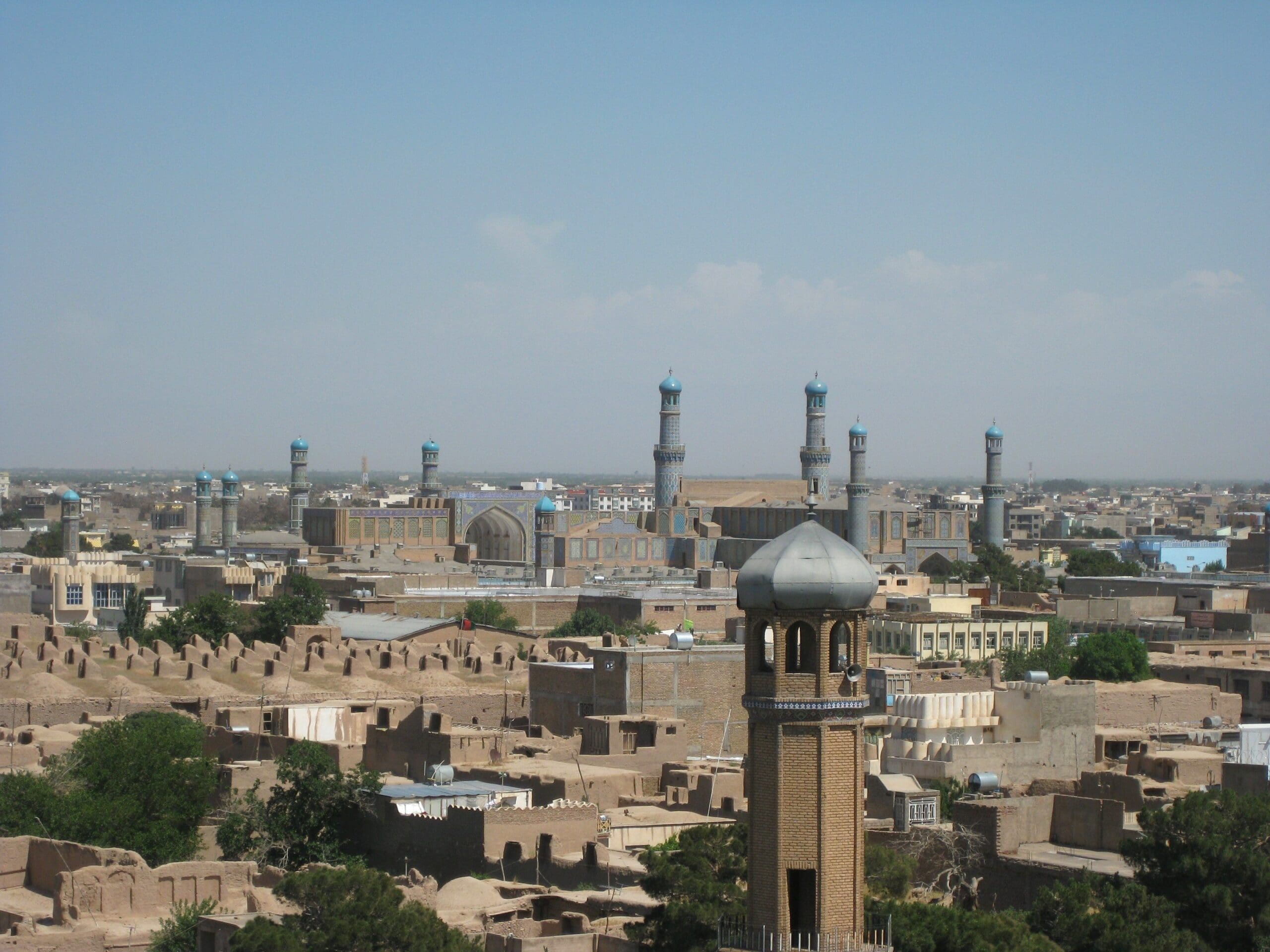
Kabul
The vibrant capital city of Afghanistan, Kabul is a bustling metropolis with a rich history and cultural landmarks. Visit historical sites such as the Babur’s Gardens, explore the National Museum of Afghanistan, or stroll through the bustling markets offering handicrafts, spices, and traditional Afghan goods.
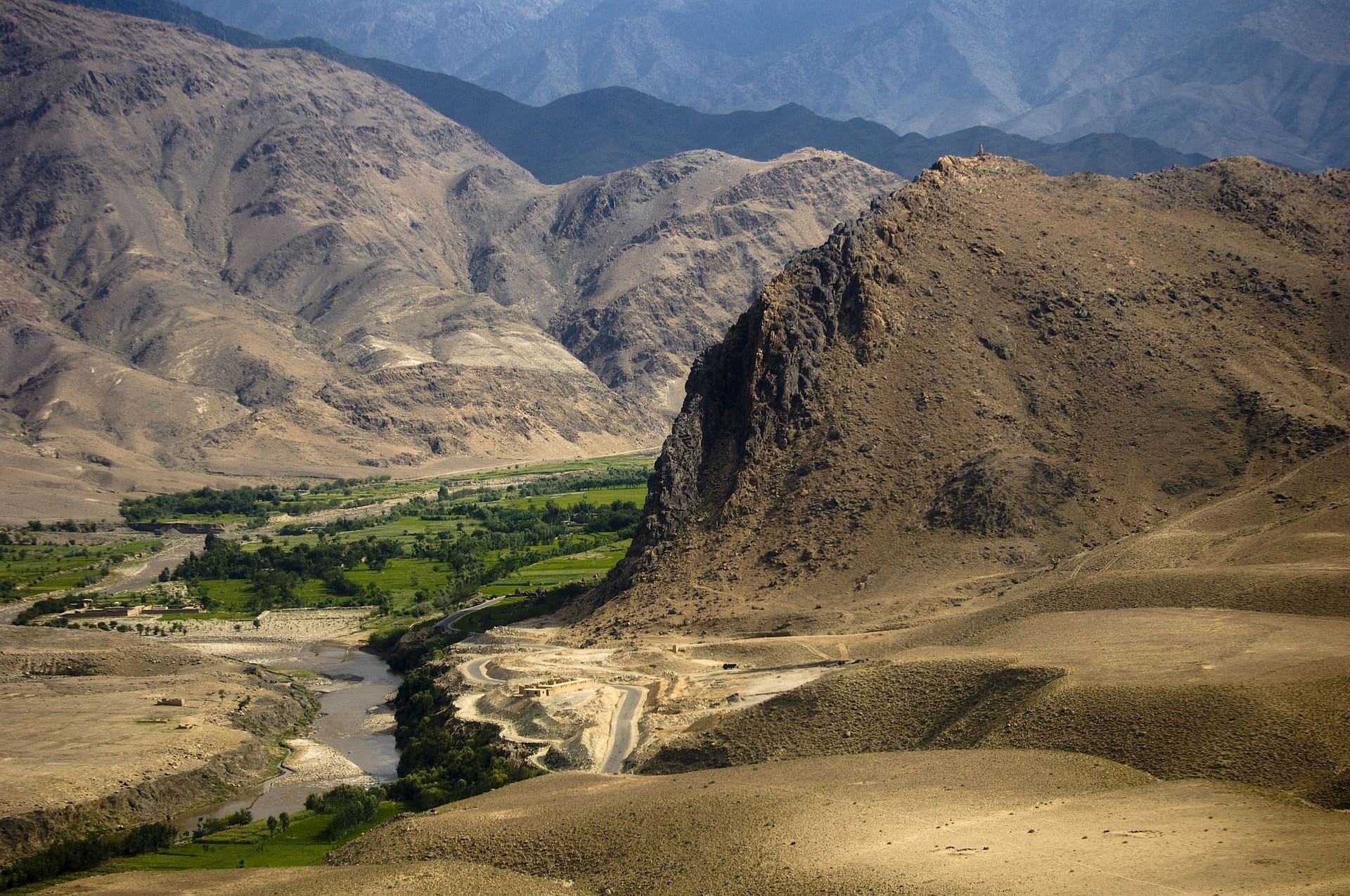
Bamiyan
Located in the central highlands, Bamiyan is known for its stunning natural beauty and historical significance. The Bamiyan Valley is home to the famous Buddha statues that were destroyed by the Taliban in 2001. Despite the loss, the site remains remarkable, and the surrounding landscape offers breathtaking views.
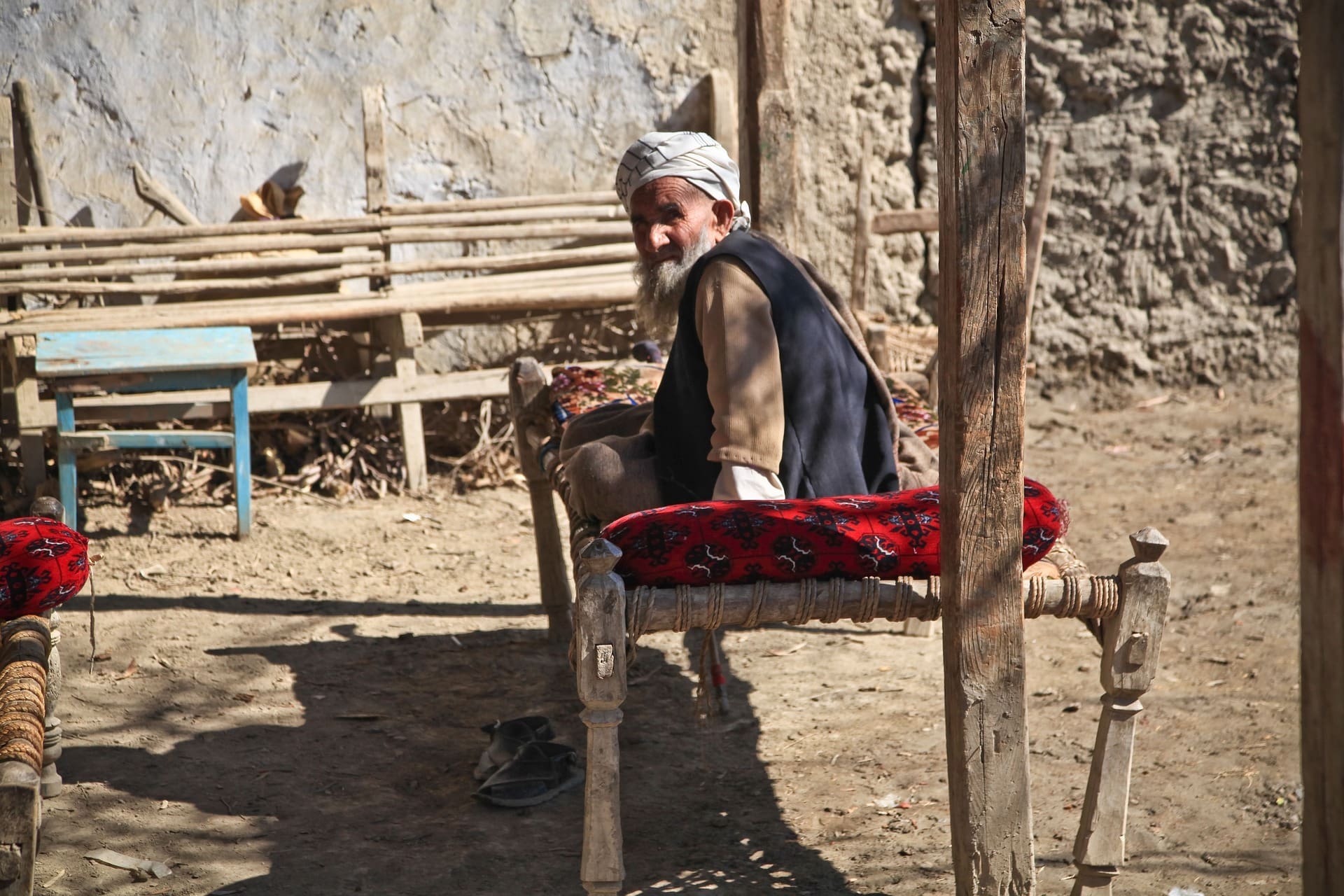
Herat
Known as Afghanistan’s cultural capital, Herat is a city steeped in history and architectural wonders. Explore stunning examples of Islamic architecture like the Herat Citadel and the intricate tile-work of the Great Mosque of Herat. Don’t miss the Friday Mosque with its beautiful minarets and the vibrant Herat Bazaar.
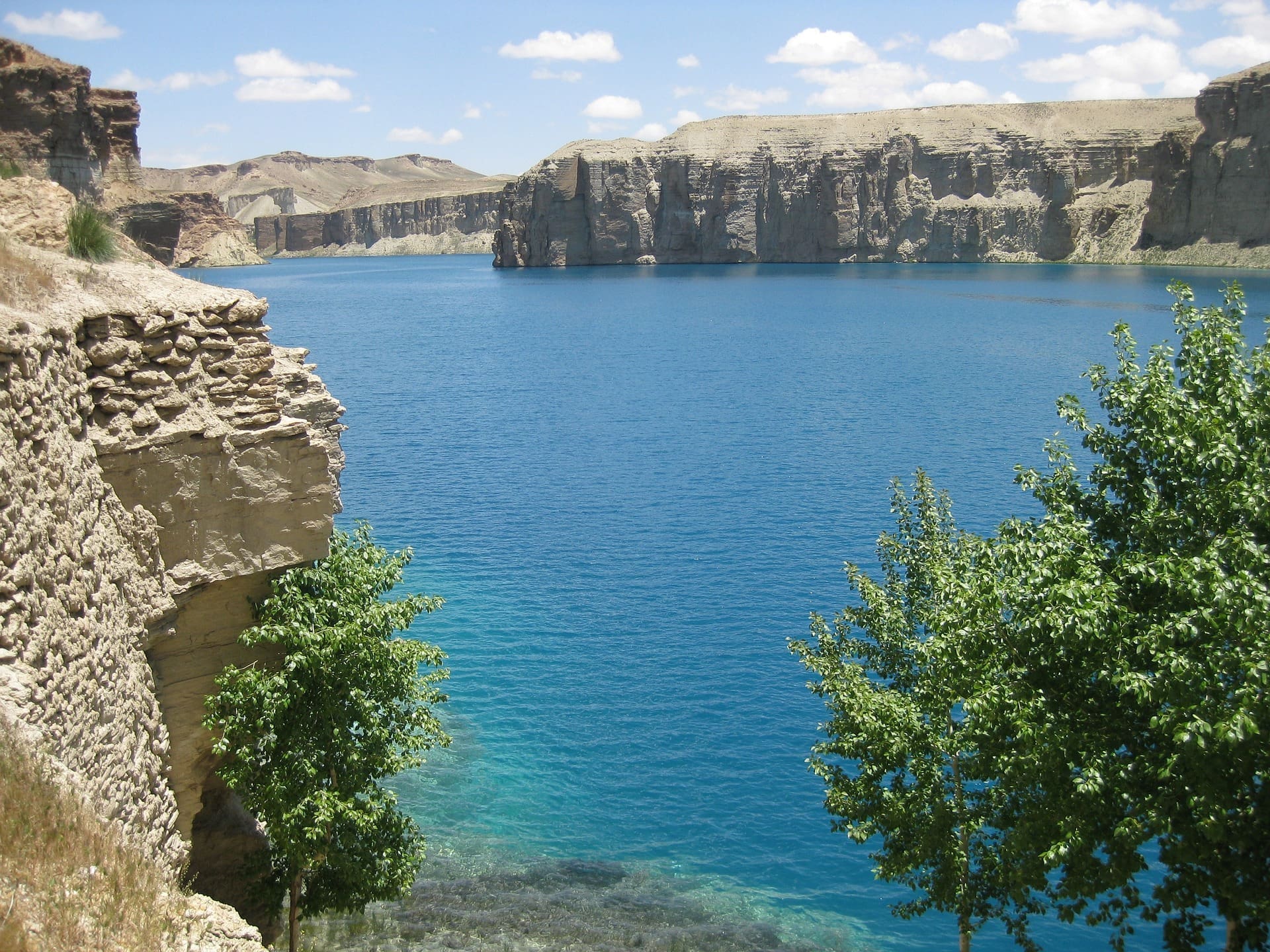
Band-e-Amir National Park
Situated in the rugged highlands of central Afghanistan, Band-e-Amir is the country’s first national park. It is famous for its stunning series of deep blue lakes nestled within dramatic limestone cliffs. The park offers breathtaking scenery, great hiking opportunities, and a chance to appreciate Afghanistan’s natural beauty.
Note: While these highlights offer a glimpse into Afghanistan’s beautiful cultural and natural landmarks, it is essential to stay informed about the security situation and follow travel advisories before planning a visit.
How to get there
Getting to Afghanistan typically involves international air travel. Kabul, the capital city, is home to Hamid Karzai International Airport (KBL), which serves as the main entry point for international travelers. Most major airlines do not offer direct flights to Kabul from other countries, so connecting flights are usually required.
To reach Afghanistan, one can begin by finding international flights to neighboring countries such as Pakistan, Iran, or the United Arab Emirates (UAE). From these countries, there are several airlines that operate regular connecting flights to Kabul
Some common airline options for travel to Afghanistan include Pakistan International Airlines (PIA), Ariana Afghan Airlines, Turkish Airlines, Emirates, and Qatar Airways. It is advisable to research and compare flights to find the most convenient and cost-effective options.
It is also essential to check visa requirements before planning a trip to Afghanistan. Most nationalities require a visa to enter the country, and it is recommended to apply for a visa in advance through the Afghan embassy or consulate in your home country.
Once in Afghanistan, domestic flights and road travel are the primary means of getting around the country. Afghan locally-owned airlines operate domestic flights to various cities, including Herat, Mazar-i-Sharif, and Kandahar. It is also possible to travel by road, either through hired private transportation or public buses.
Due to the political situation and security concerns, it is crucial to closely monitor travel advisories issued by your home country’s government and seek updated information regarding safety and security measures before planning a trip to Afghanistan.
Visa Requirements
Visa requirements for Afghanistan vary depending on the country of citizenship. Most nationalities require a visa to enter Afghanistan, and obtaining a visa is typically a necessary step before traveling to the country. Here is some general information about visa requirements for Afghanistan:
1. Tourist Visa: Travelers visiting Afghanistan for tourism purposes usually need a tourist visa. This visa allows for a stay of a limited duration, typically ranging from 30 to 90 days. The visa may be obtained from an Afghan embassy or consulate in the traveler’s home country or from neighboring countries.
2. Business Visa: If traveling to Afghanistan for business purposes, a business visa is generally required. This visa permits engagement in business activities within the country and has specific requirements related to the purpose and duration of the trip.
3. Work Visa: Individuals intending to work in Afghanistan need to secure a work visa before entering the country. This usually involves sponsorship from an Afghan employer or organization, and additional documentation and permits may be required.
4. Visa on Arrival: Some nationalities may be eligible for a visa on arrival at Hamid Karzai International Airport in Kabul. However, it is important to verify eligibility and requirements for visa on arrival before traveling, as policies may change.
While this provides a general overview, it is crucial to consult with the nearest Afghan embassy or consulate or seek advice from professional visa agents concerning specific visa requirements, processes, and documentation for your nationality. It is also important to check the latest travel advisories and security information related to Afghanistan before planning a visit.


Travelling Budget
Travelling to Afghanistan can vary greatly in terms of budget, as it depends on factors such as accommodation choices, transportation, duration of stay, and personal preferences. However, Afghanistan is generally considered a budget-friendly destination compared to many other popular tourist destinations.
Accommodation: In cities like Kabul and Herat, a range of accommodation options are available, from budget guesthouses to mid-range hotels. Prices can vary, but budget accommodations can typically be found for around $10-30 per night.
Transportation: Domestic flights within Afghanistan are relatively affordable compared to international flights. The cost of public transportation, such as buses or shared taxis, is generally low. However, private transportation or hiring a driver might be more expensive.
Food: Local Afghan cuisine is reasonably priced, especially at local restaurants and street food stalls. You can find traditional dishes for around $2-5 per meal. Eating at more upscale or international restaurants may be slightly higher in cost.
Sightseeing and Activities: Many historical and cultural sites in Afghanistan have affordable entry fees or are free to visit. Hiring a local guide for sightseeing tours may require additional fees, but negotiation is common, and rates can be reasonable.
It is important to consider potential additional costs for travel insurance, visa fees, transportation to and from Afghanistan, and any specific activities or tours you plan to participate in.
Given the current security situation in Afghanistan, it is crucial to prioritize safety and well-being by staying updated on travel advisories and taking necessary precautions. It is recommended to consult with professional travel agents or trusted sources for the most accurate and up-to-date information regarding budget planning for travel to Afghanistan.
What makes your journey easier
Everything you need to know about what to bring to make your travels easier, more safe and fun
Be Mindfull
Gadgets
Gear
Insurance
Visa


